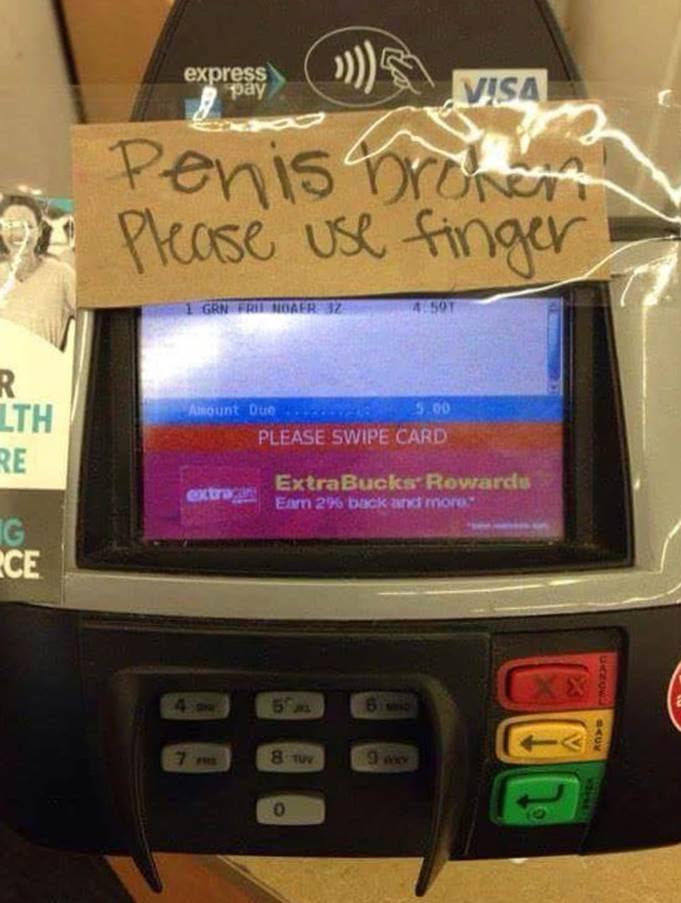Your sentence ends and then what? One space or two? When I learned typing way back in the day it was always two spaces. Apparently, somewhere along the way, the experts forgot to tell me that it changed. The typewriter I used back then was monospaced type (although it WAS electric!). Even with the advent of the IBM Selectric Executive proportional type, it was still double space after the ending punctuation. Now with computer fonts that are nearly all proportional, a single space is preferred. It is a typographer rule that has been in place since the early 20th Century in Europe and in place with American typographers not long after. It is not only the typographers, but also the major style guides (including the Gregg Reference Manual), who use the one space rule.
It is important to use correct rules pursuant to your chosen style guide and to stick to those rules, but it is more important to be consistent. If your writer prefers two spaces, use two spaces and be consistent. If they don’t really care (and other than the micromanager, it really shouldn’t matter that much), use one space and be consistent with that.
Using only one space is a huge learning curve (or maybe just for me). In fact, in preparation of this post, I had to go back every single time and change the two spaces after every end punctuation to one space. It’s hard to let go of things learned over 40 years ago, but it is not impossible. I’m going to spend this week making a concerted effort to use the correct one space rule rather than two spaces. Who’s in?



 Follow
Follow